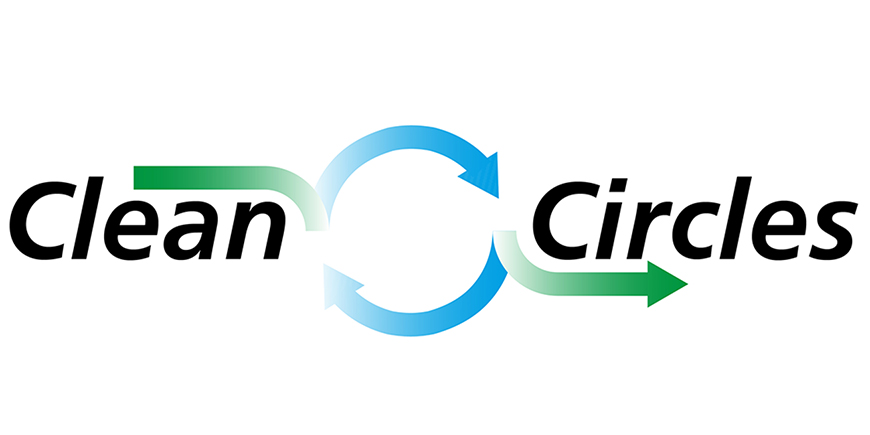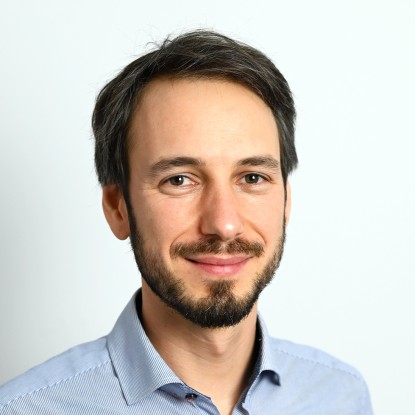Green energy import options: Towards a multidimensional approach
Clean Circles team presents results at political science conference
2022/11/01
Prof. Michèle Knodt, Prof. Kai Schulze, Dr Friedrich Plank and Mile Misic presented the latest Clean Circles results at the DVPW thematic group meeting “Energiepolitik in Zeiten des Krieges”. Their presentation focused on the case of Germany and a multidimensional approach to assess and compare green energy import options.

For many European countries, the Russian war on Ukraine has essentially eliminated the option of using natural gas as a bridging technology while transitioning away from other fossil fuels such as oil and coal towards a fully renewable energy system. Where gas imports from Russia cannot be easily replaced, high hopes are being placed on importing renewable energy, especially from sunshine and wind abundant countries.
A number of technologies to store and transport renewable energy have been proposed, including hydrogen but also other chemical carriers such as metals and its oxides. However, with the energy trilemma of cost effectiveness, security, and sustainability in mind, it is unclear which countries to choose as partners for green energy imports.
In their talk, the Clean Circles researchers focused on the case of Germany and the possibility of using iron as a carbon-free carrier of renewable energy to develop a multidimensional approach to assess and compare green energy import options. The approach combines multiple criteria along four dimensions focusing on (1) economic, (2) sustainability, (3) regulation, and (4) cooperation and innovation related aspects of green energy imports. The researchers conduct an exploratory factor analysis on a global country sample to probe the validity of their concept and find meaningful variability among indicator variables highlighting the utility of the multidimensional concept. The concept advances the understanding of trade-offs between the energy trilemma’s goals sustainability, competitiveness and security of supply.
“Energiepolitik in Zeiten des Krieges”
28 October 2022, Schader Foundation, Darmstadt
The war in Ukraine has exposed the security and geopolitical implications of the current use of fossil energy sources, which creates dependence on inhumane regimes and limits political room for manoeuvre. At the same time, advancing climate change requires a rapid and fundamental transformation of the energy system. In this respect, the question arises as to what energy policy must look like in times of war. The DVPW's thematic group on energy transformation and the Schader Foundation invited submissions on issues surrounding this very topical subject. The DVPW (German Political Science Association) is one of the largest professional organizations for the study of political science in Europe. Starting with 40 members in the early 1950s, it currently counts more than 1,850 full members.

